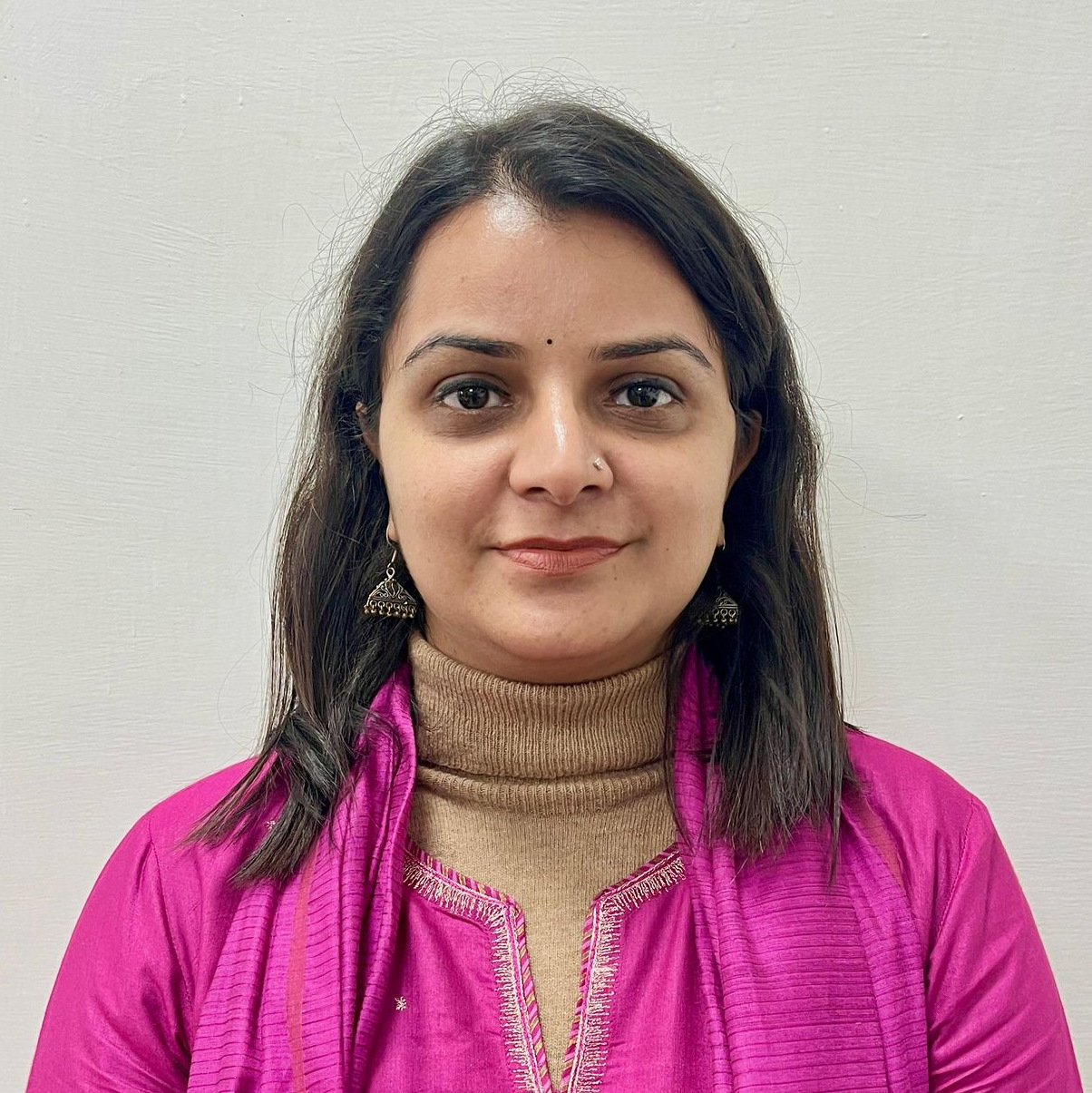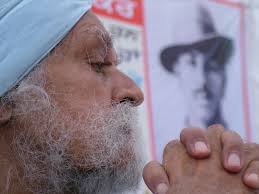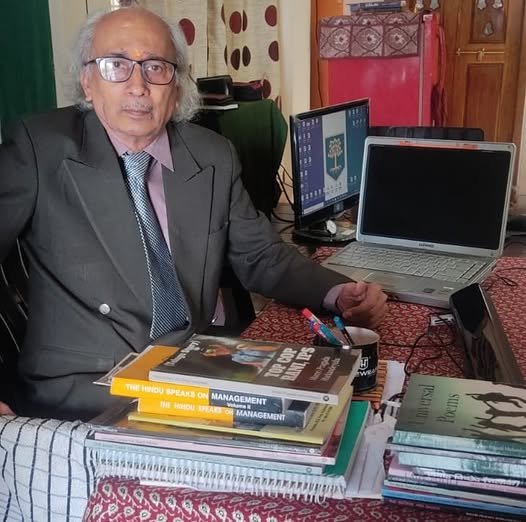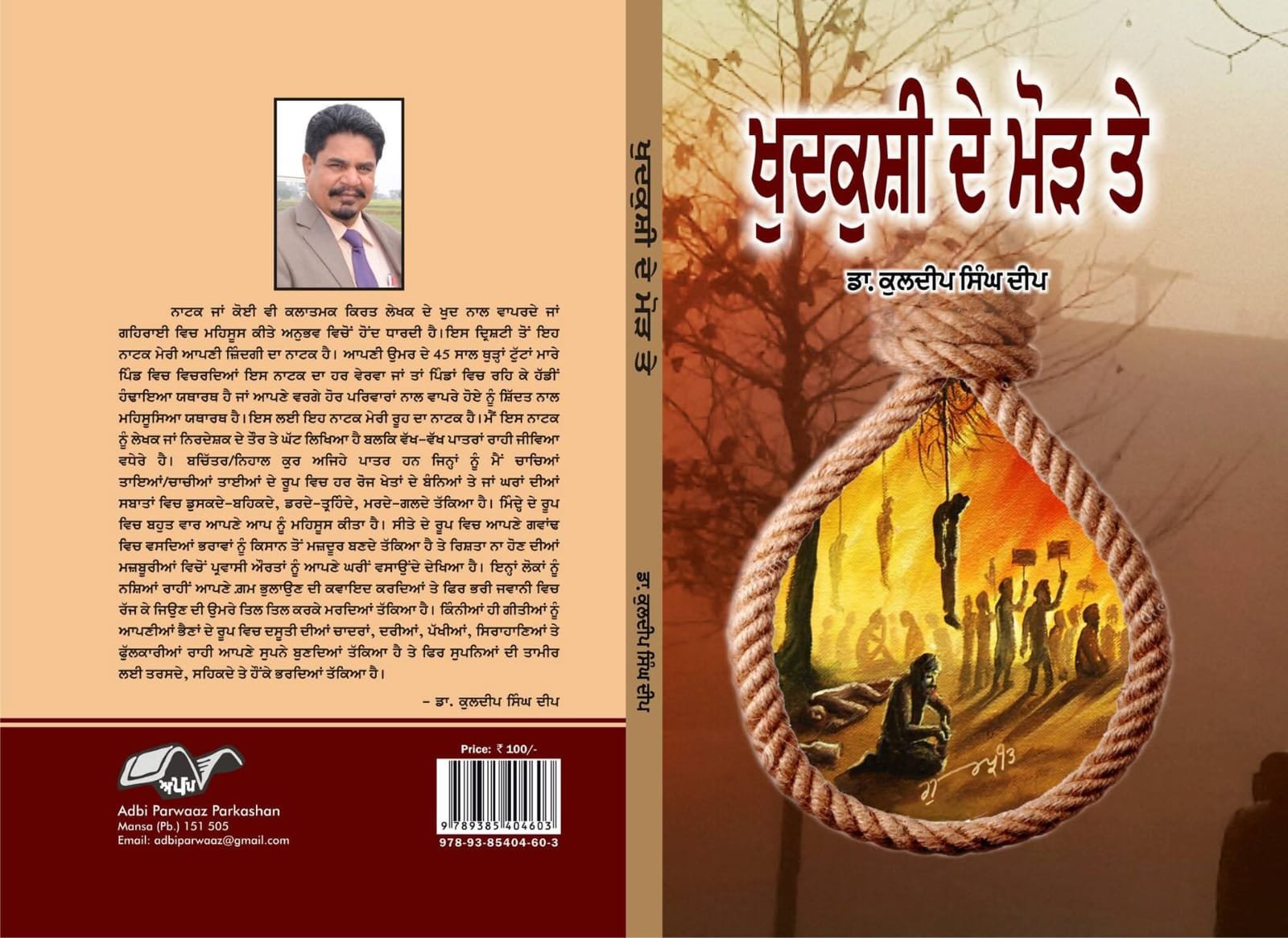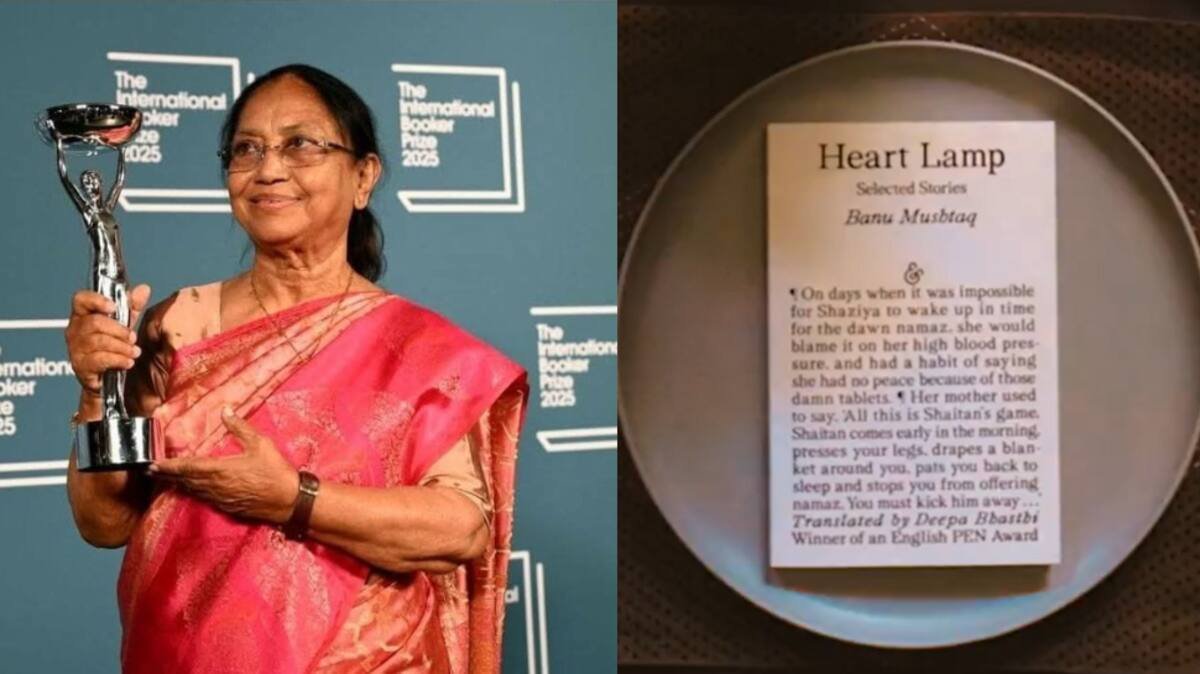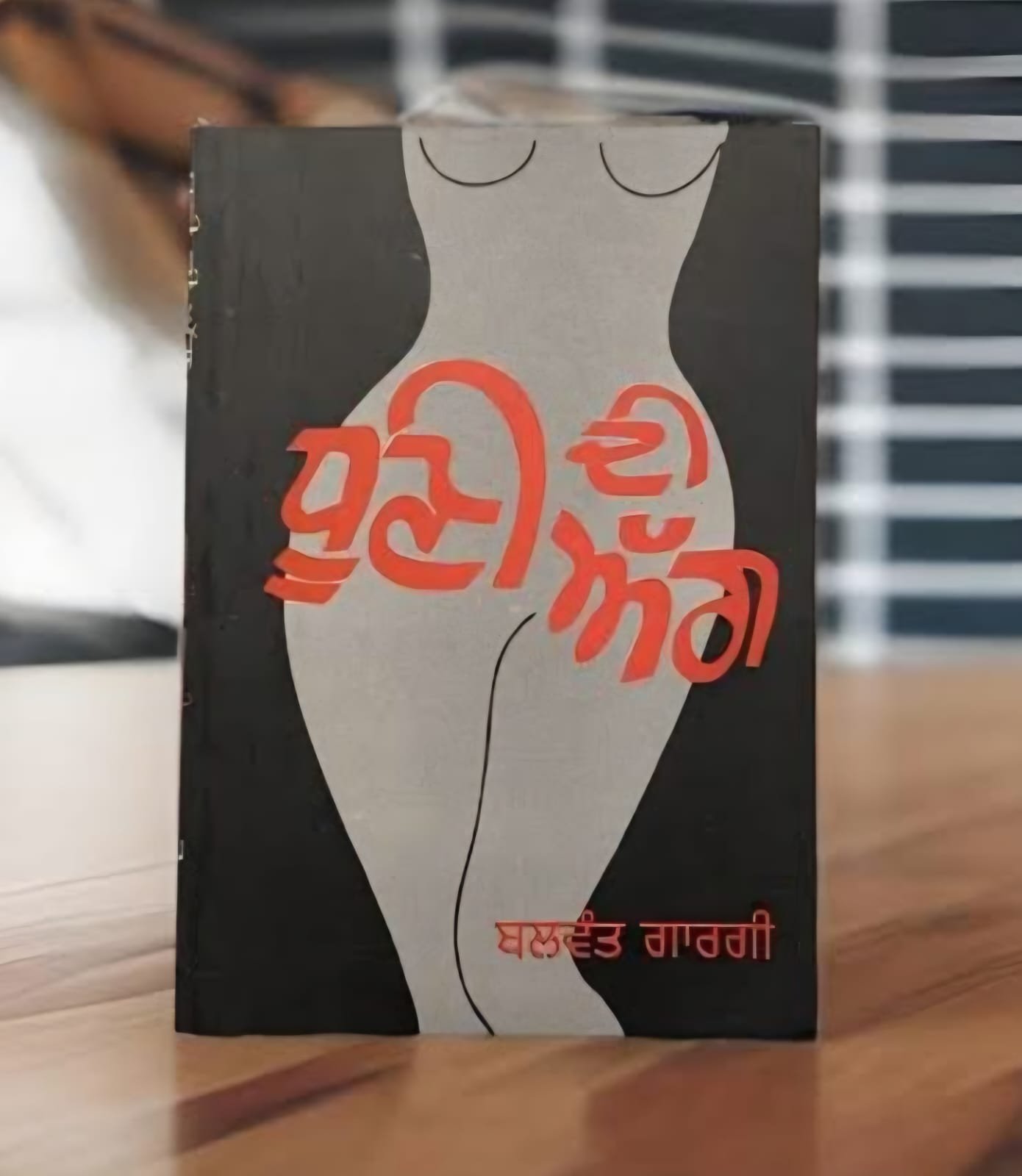Abstract:
Gursharan Singh, The People’s Playwright of Punjab, took theatre to villages, streets, and factories. Author of nearly 200 plays, he used drama for social justice, championing workers, women, and the marginalized. Dr. Kusum Bhatia captures his life and legacy with clarity and depth.
Gursharan Singh stands as a legendary figure in Punjabi theatre whose vision and activism revolutionized the very landscape of dramatic arts in Punjab. Born on September 16, 1929, in Multan, Punjab, Singh migrated to Amritsar after Partition, an experience that profoundly shaped his worldview and artistic sensibilities. His professional journey began as a hydraulic engineer, but it was a pivotal moment in 1958, when he witnessed the marginalization of workers at a cultural event in Bhakra Nangal, that ignited his lifelong commitment to socially engaged theatre. He wrote his first play “Lohri Dee Hartal” in response and, from then on, he never looked back, dedicating himself to theatre as a means for social change.
Gursharan Singh’s approach to theatre was groundbreaking for its time: rather than confining performances to urban auditoriums, he brought theatre to rural villages, factories, and street corners, believing that every person deserved access to culture regardless of background. By harnessing local dialects and folk traditions, Singh forged a bond with audiences who had previously been denied exposure to artistic expression, often performing for upwards of 150 nights in a year in Punjab’s villages. His genre, labeled Tharra or ‘platform’ theatre, democratized the dramatic arts—his plays were staged in open fields, using minimal props, but their impact was seismic. This method, distinctly accessible yet intellectually vigorous, redefined how theatre could serve people’s struggles and aspirations.
Gursharan Singh authored close to 200 plays, collected in seventeen books and seven volumes. His work tackled vital issues such as poverty, corruption, communalism, gender injustice, agrarian crises, and the oppression of Dalits and landless workers. Iconic plays like “Baba Bolda Hai,” “Ek Kursi Ek Morcha,” “Hit List,” “Dhamak Nagare Di,” and “Kammiyan Da Wehda” became rallying cries for progressive movements, workers’ rights, and gender equality. Even during the turbulent years of militancy and state oppression in Punjab, he maintained an unwavering commitment to dissent, staging plays that challenged both radical separatists and official powers—even at great personal risk to himself and his troupe. His activism led to his arrest during the Emergency of 1975, but he remained undaunted, using theatre to foster critical thought and social mobilization.
Deeply influenced by socialist and radical ideals, Gursharan Singh was revered for his fearless voice and his empathy for marginalized people. His plays embodied the silent cries of those denied a voice; in them, village folk found both a mirror and a megaphone for their grievances and dreams. Gursharan Singh’s leadership extended beyond his own performances—he mentored younger theatre artists and inspired generations with his relentless pursuit of cultural and social transformation. September 27, the day of his passing in 2011, is commemorated as Revolutionary Theatre Day in Punjab in his honor, a testament to the enduring impact of his work.
Gursharan Singh’s passion for equality shaped both his artistic and practical initiatives. He remained rooted in his dedication to the people. His legacy is not just theatrical—it is a living tradition of activism, conscience, and artistic excellence, carrying forward the promise that theatre can change mindsets, echo the silenced, and inspire hope across generations.
Agriculture & Industry
Applied Arts
Biographical Writings
Career & Skill Development
Children Books
Computers & Information Technology
Myths, Culture & Folklore
Economy & Finance
Education & Exams
Fine Arts
General Knowledge & Reference
Health & Wellness
History
Language & Linguistic Studies
Law & Criminology
Literature & Literary Studies
Media & Journalism
Medical Sciences
Motivation & Self Help
Performing Arts
Philosophy & Ideology
Politics & Political Science
Public Administration
Religion & Spirituality
Science & Engineering
Society & Social Sciences
Sports, Travel & Hobbies
India: National & State Concerns

